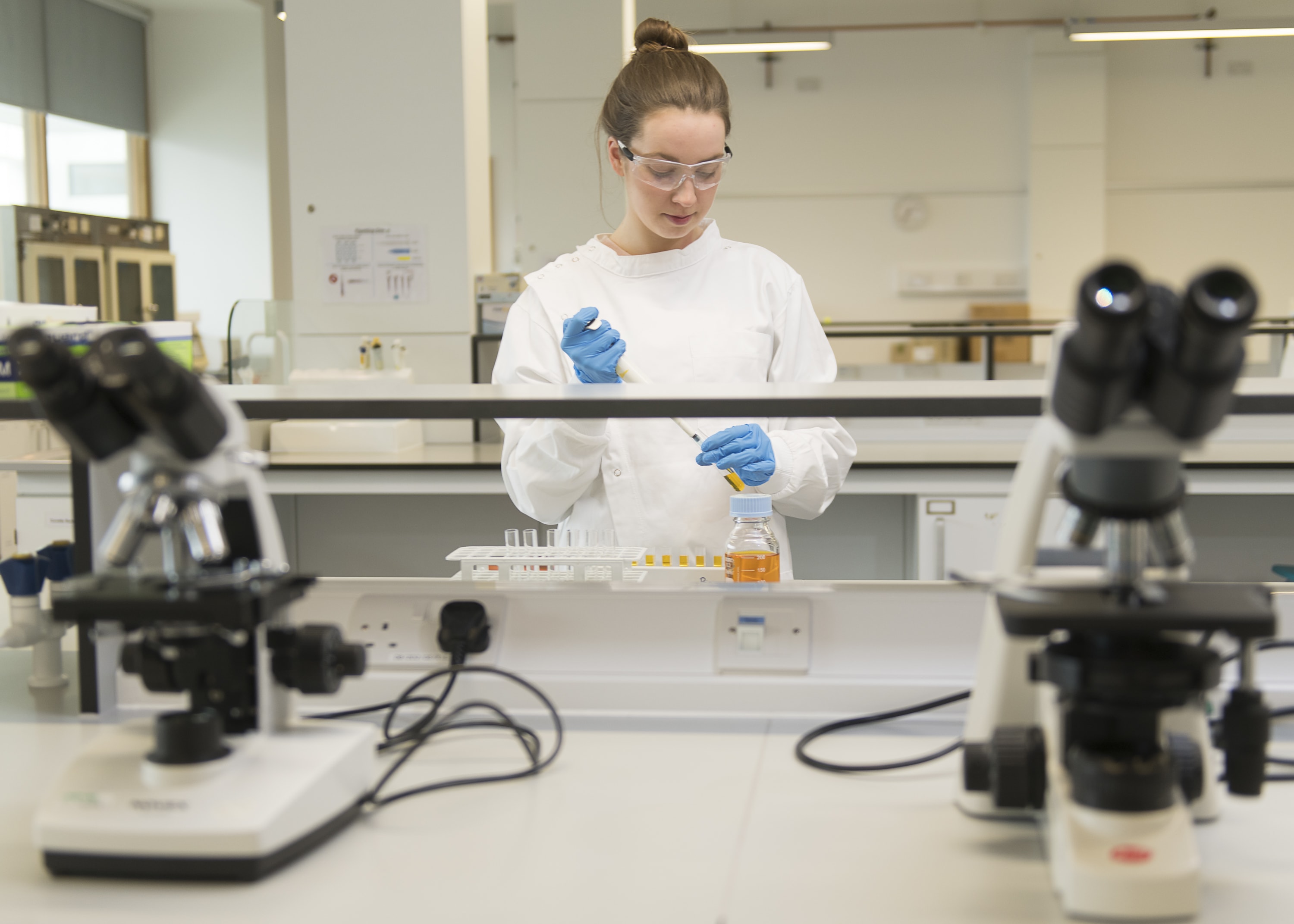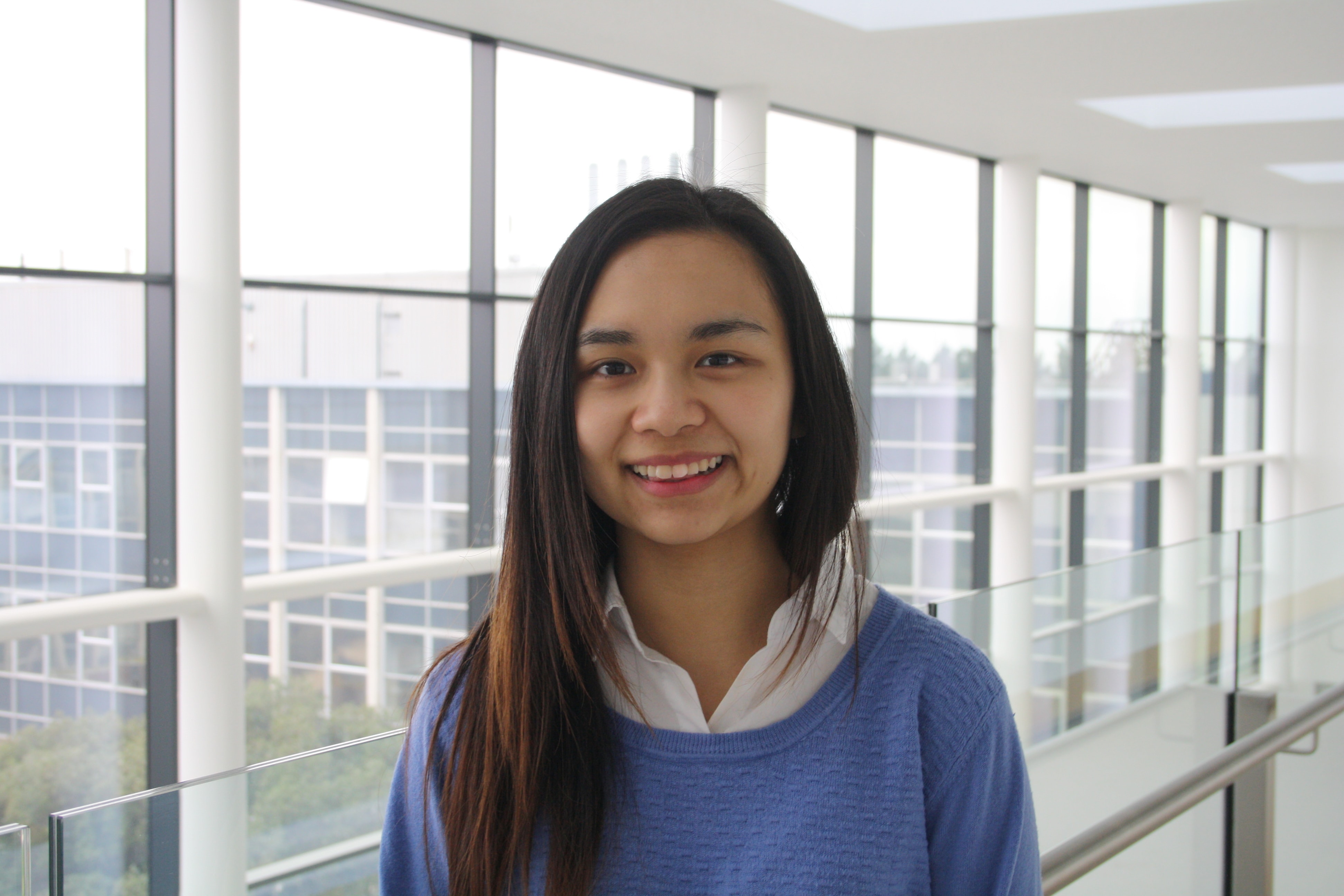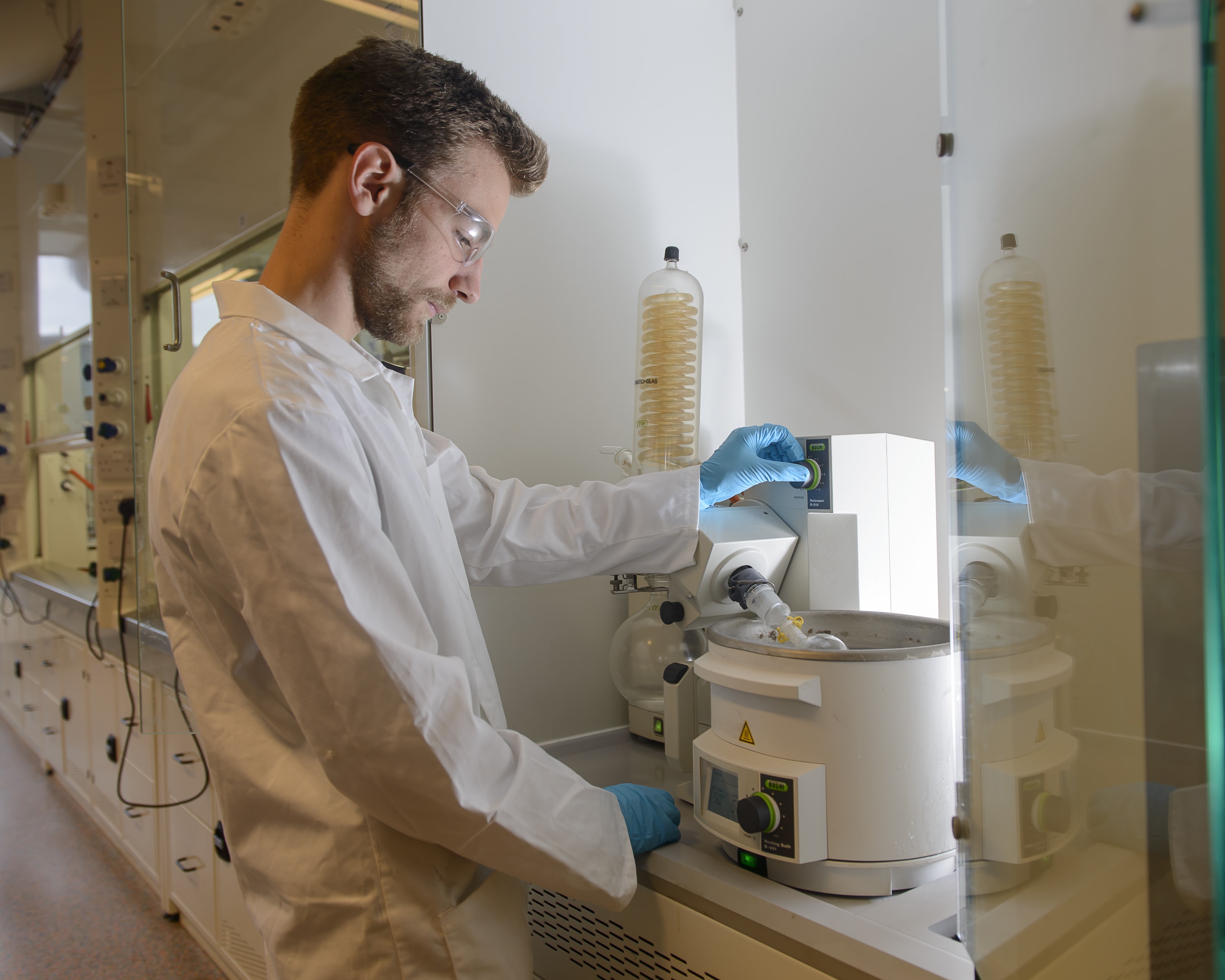Course Information
BSc (Hons) (NFQ Level 8)
Full Time – Undergraduate Studies
CAO Code: DN200
CAO Points Range 2019: 521
Length of Course: 4 Years
Average Intake: 402
- O2/H6 in Mathematics
- O2/H6 in a laboratory science (Applied Mathematics or Geography may be used instead of a laboratory science subject) and
- O6/H7 in English, Irish and two other recognised subjects
- A-Level/GCSE
- Other EU Applicants
- Non-EU Applicants
- QQI FET Entry Routes
- Level 6/7 Progression Routes
Why is this course for me?
In this degree, you’ll explore life at the molecular level. This will enable you to pursue a career in biomedical and biomolecular science. The combination of Biochemistry and Molecular Biology into one degree programme unites the molecular approach of Chemistry with the breadth and diversity of Biology. Both use varied and powerful experimental techniques to examine living organisms, their component parts and molecules that play a role in the function of the cell. Biochemistry and Molecular Biology occupy a central position in modern biological and biomedical research.
Career & Graduate Study Opportunities
Graduates in Biochemistry & Molecular Biology can find employment in:
- Pharmaceutical companies
- Biotechnology companies
- Forensic science laboratories
- Hospital and clinical laboratories
Graduates are eligible to apply for a range of MSc programmes in Ireland and abroad, in areas such as biotechnology, imaging and microscopy and molecular medicine. Graduates can also pursue a PhD in universities in Ireland and abroad in areas such as medical research, drug development and biomedical science.
What Will I Study
This is a sample pathway for a degree in Biochemistry & Molecular Biology. Topics include structural biology, molecular biology, metabolism and disease, cell signalling and communications, cell biology and biochemistry.
First Year
- Biology
- Chemistry
- Mathematics
- Optional Science modules
- Elective modules
Second Year
- Biochemistry & Molecular Biology
- + 2 other Science subjects
- Elective modules
Third Year
- Biochemistry & Molecular Biology
- Elective modules
Fourth Year
- Biochemistry & Molecular Biology (includes a research project in diverse areas, such as protein engineering, neurochemistry, cancer studies, the regulation of gene expression, molecular immunology and endocrinology).
All Science courses are full time, with many student timetables running from 9.00am to 5.00pm or later. Depending on the subject choices, a weekly timetable can include lectures, practicals and tutorials.
Assessment varies with each module but may comprise continuous assessment of practicals, written exams and online learning activities.
International Study Opportunities
Students in their third year have spent time in:
- Ruprechts-Karls-Universität, Germany
- University of Edinburgh, UK
- University of California, San Diego, USA
- University of Chicago, USA
Students in their fourth year have spent time in the University of Copenhagen, Denmark.
Testimonial
“Biochemistry is at the core of all the biological sciences and provides an excellent foundation for a career in the field of biomolecular and biomedical sciences. During the course of the degree, I have delved into key components of Biochemistry such as metabolism, molecular basis of diseases, proteins and enzymes whilst also being able to maintain my love of Spanish and music through electives. After I finish my degree, I intend on completing a PhD and pursuing a career in research, with the aim of improving our understanding of diseases at the molecular level. During my time in UCD I have been a peer mentor, a member of the UCD Symphony orchestra and various other clubs and societies. The highlight so far has been the semester I spent studying abroad in McGill University, Montreal.”
Alison Howett Student





